
There’s a particular exhaustion that settles into your bones when you’re waiting at a hospital for someone you love who has cancer.
Not the kind that sleep can fix, but the type that comes from sitting on stone slabs outside wards because there’s nowhere else to go, from watching rain drench other families who also have nowhere to shelter, from knowing that at any moment a nurse might call your name and you need to be ready. Ready to fetch drugs. Ready to escort your relative to yet another scan. Ready for news you’re terrified to hear.
At Okomfo Anokye, I learnt what it means to exist in limbo while someone you love fights cancer. Those with cars become the lucky ones, at least they have somewhere to retreat to when the corridors get too crowded.
The rest of us find whatever space we can claim – a piece of wall, a corner of hallway, competing silently with dozens of other families doing exactly the same thing. Days blur into each other because you can’t leave, not really. What if they need you? What if the cancer progresses and you’re not there?
Nobody prepares you for the practicalities of loving someone through cancer in our part of the world. The oncology appointments that multiply and contradict each other; the doctors who speak in terminology about tumours and treatment protocols who assume you went to medical school; the medications whose names you can’t pronounce but must remember because one mistake could mean everything; the treatment in one hospital, the specialist in another city, the daily sessions that stretch your life so thin you barely recognise it anymore. And through it all, there’s no one guiding you, no counsellor to explain your options, no support system to catch you when you fall.
This is what we don’t talk about during breast cancer awareness month. While everyone focuses on early detection, survival rates and wearing pink, we forget the invisible patients, the families who are fighting this disease alongside their loved ones. We’re the ones who become nurses without training, administrators without instruction, emotional support without anyone supporting us. And in our part of the world, we do it alone.
People promise they’ll be there for you. They mean it when they say it. But being there shrinks as cancer treatment drags on. It becomes a phone call instead of a visit, a prayer instead of presence. They don’t know what fighting cancer demands.
They think in terms of short-term crisis, a week of meals, an occasional lift to hospital. They don’t understand that this is your life now, possibly for months, possibly until the end; and you need someone to share the weight of days that feel impossibly heavy.
The isolation is profound. Friends drift away not because they stop caring but because they don’t know how to care in ways that matter. They’re uncomfortable with cancer that goes on too long, with conversations that circle back to tumours and fear and mortality. You find yourself not mentioning the hard parts because you’re tired of seeing people’s faces change, tired of pretending you’re coping better than you are so others feel less uncomfortable around your reality.
Employment becomes another casualty nobody talks about. Employers start sympathetic, everyone understands family crisis. But understanding evaporates when absences stretch from days to weeks to months because cancer doesn’t respect work schedules.
Eventually you watch your professional life crumble while you’re desperately trying to hold your personal one together, knowing that the income you’re losing is the very thing funding the treatment that requires your absence.
There’s no protection for us, no compassionate leave that extends beyond a few days, no understanding that caring for someone with cancer is a full-time job you didn’t choose but can’t abandon.
The financial devastation is relentless. Cancer treatment is expensive in ways that make no sense until you’re drowning in the costs. Medications not covered. Chemotherapy requiring payments you don’t have. Hospitals that may be hours away, requiring accommodation you can’t afford.
The special diet cancer patients need remains. You watch savings disappear, debts accumulate – all while trying to focus on keeping someone alive. And there’s no financial support for families, no fund to help with the devastating costs, no recognition that this disease bankrupts entire families, not just patients.
Cancer has its own special brutality for those of us watching from the sidelines. We witness the physical torture of treatment, radiation burns scarring skin, hair falling out in clumps. The nausea that makes eating impossible, the pain medication schedules that rule your life.
The way cancer steals someone piece by piece even when treatment is working. And we’re supposed to stay strong through all of it – to be the pillar they lean on, to hide our own fear and exhaustion because they’re the ones who are actually sick.
But here’s what nobody acknowledges: watching someone you love battle cancer traumatises you in ways that last long after they’re gone or recover. We become invisible patients ourselves, carrying wounds nobody can see, struggling with mental health crises that nobody prepares us for or helps us through.
Sometimes you know that treatment won’t work, that this is going to end in death. The oncologists don’t say it directly, but you learn to read between their careful words. You start mourning while the person is still here, feeling guilty for imagining life after they’re gone, for being exhausted by their suffering, for sometimes wishing it would just end so everyone can stop hurting. These thoughts make you feel monstrous, but they’re also utterly human, and you have no one to tell because who admits such things about someone fighting cancer?
I think death has a smell. I think people know when they’re dying, there’s a look in their eyes that later haunts you. And then it happens, and someone tells you in a voice that’s too casual for what they’re saying, and you’re wailing before you can stop yourself, and they’re asking you to take it outside because there are other patients, and death is so routine here that your devastation is an inconvenience. (To be continued next week)
>>>This is Her Space, where we tell the truth about women’s lives. No sugarcoating. No apologising. Just real talk about the world we’re navigating together.
>>>the writer is a PR, Marketing & Communications professional and General Secretary of the Network of Women in Broadcasting (NOWIB). A dedicated feminist and advocate for women in media, she champions workplace excellence while empowering voices and building bridges across the industry. Bridget is passionate about amplifying women’s stories and driving positive change in Ghana’s media. She can be reached via [email protected]
The post Her Space with Bridget Mensah: The invisible patients: Why families fighting cancer alongside their loved ones need our help too (Part 1) appeared first on The Business & Financial Times.
Read Full Story

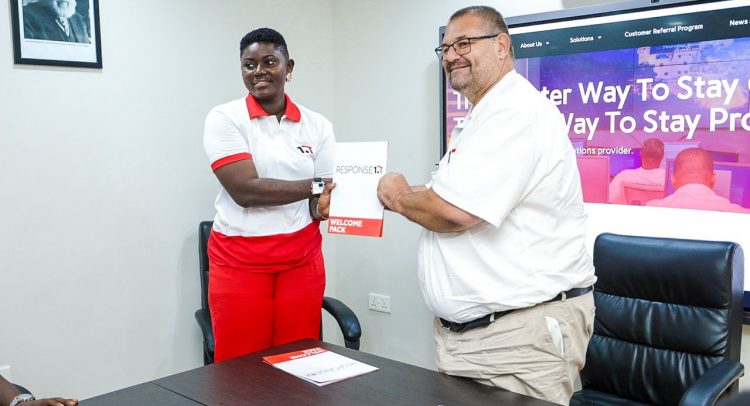
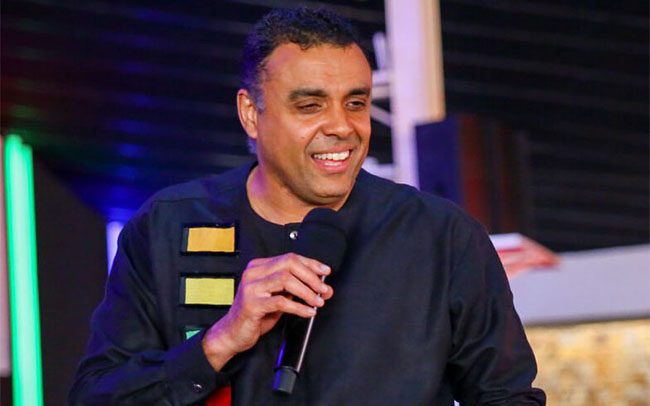



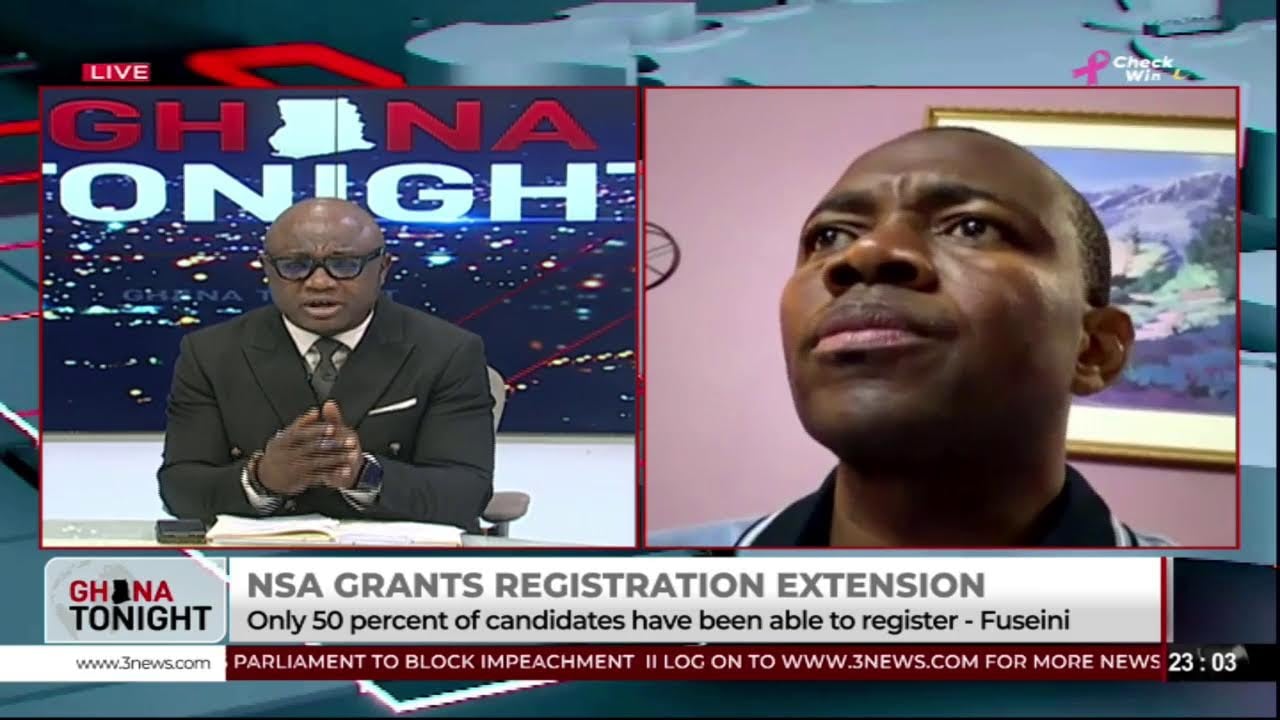



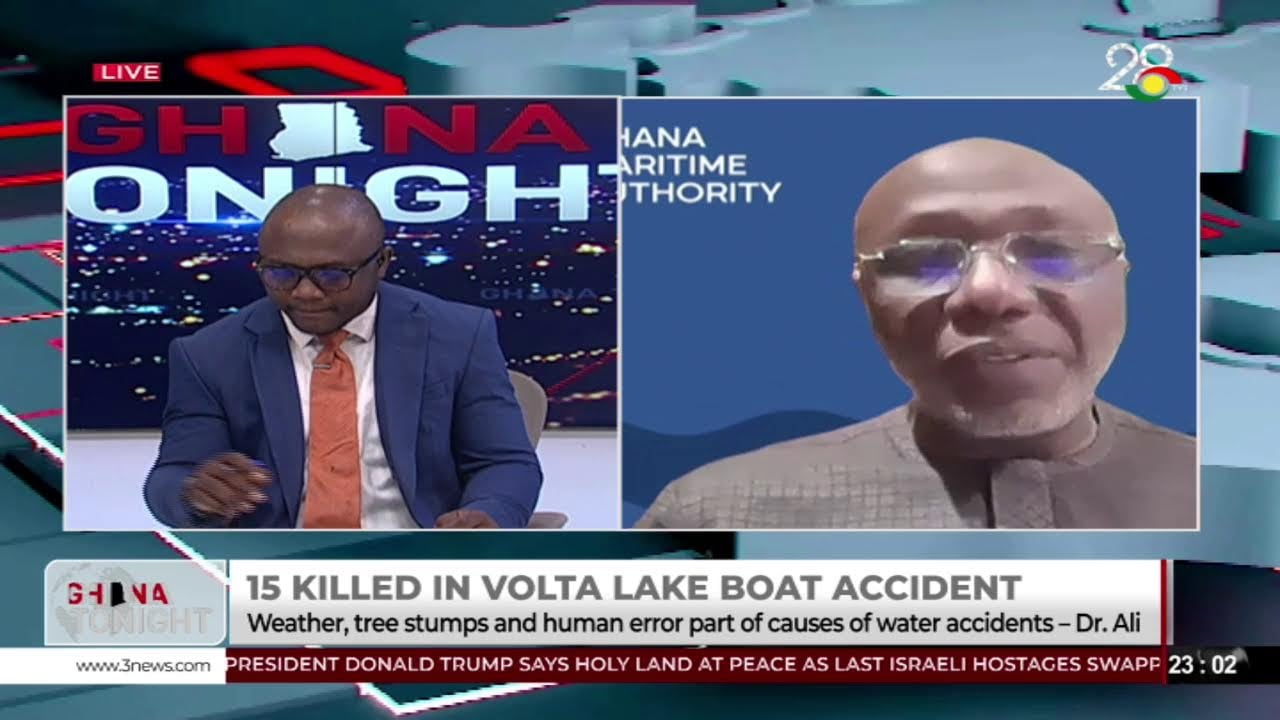
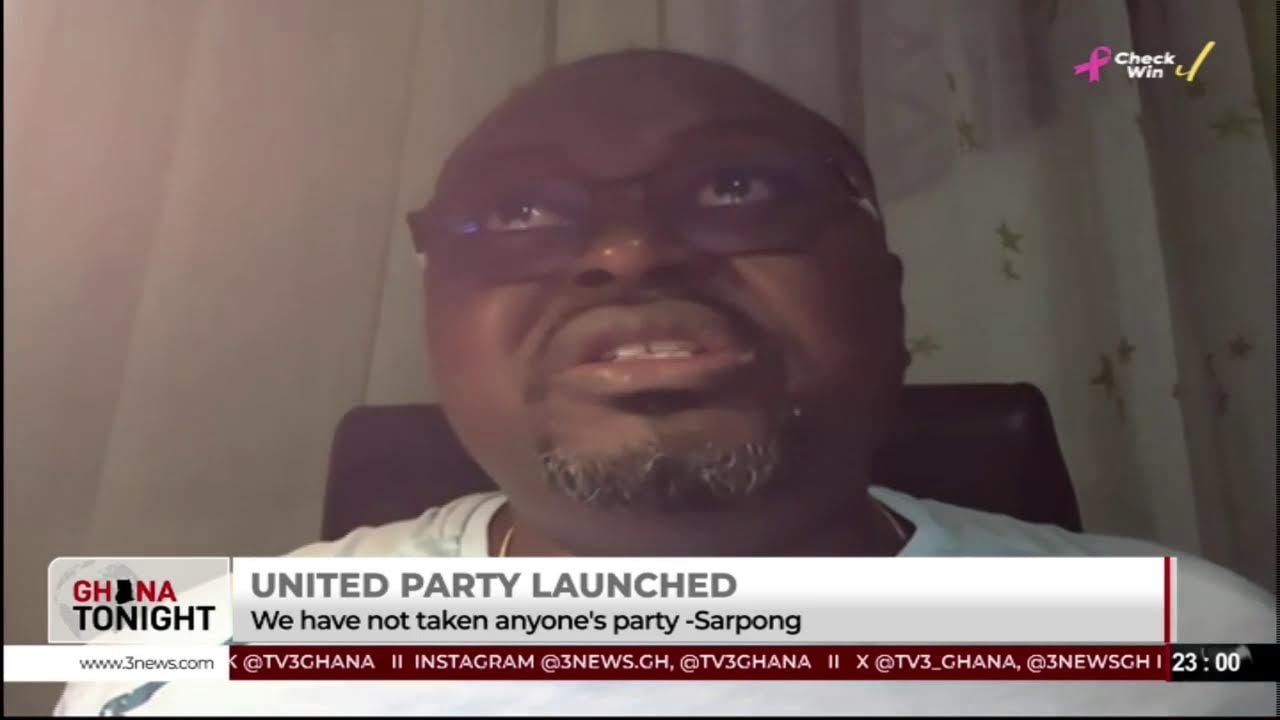



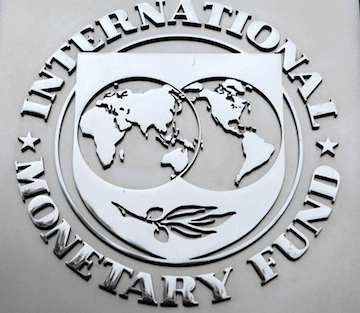
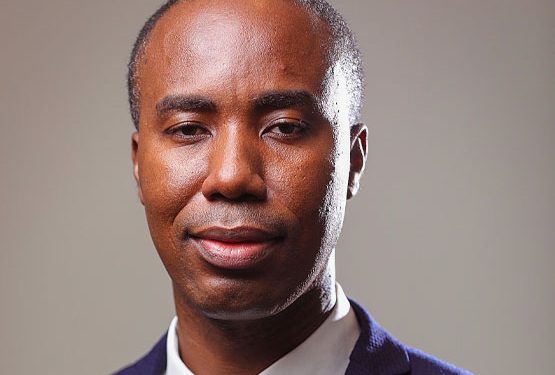


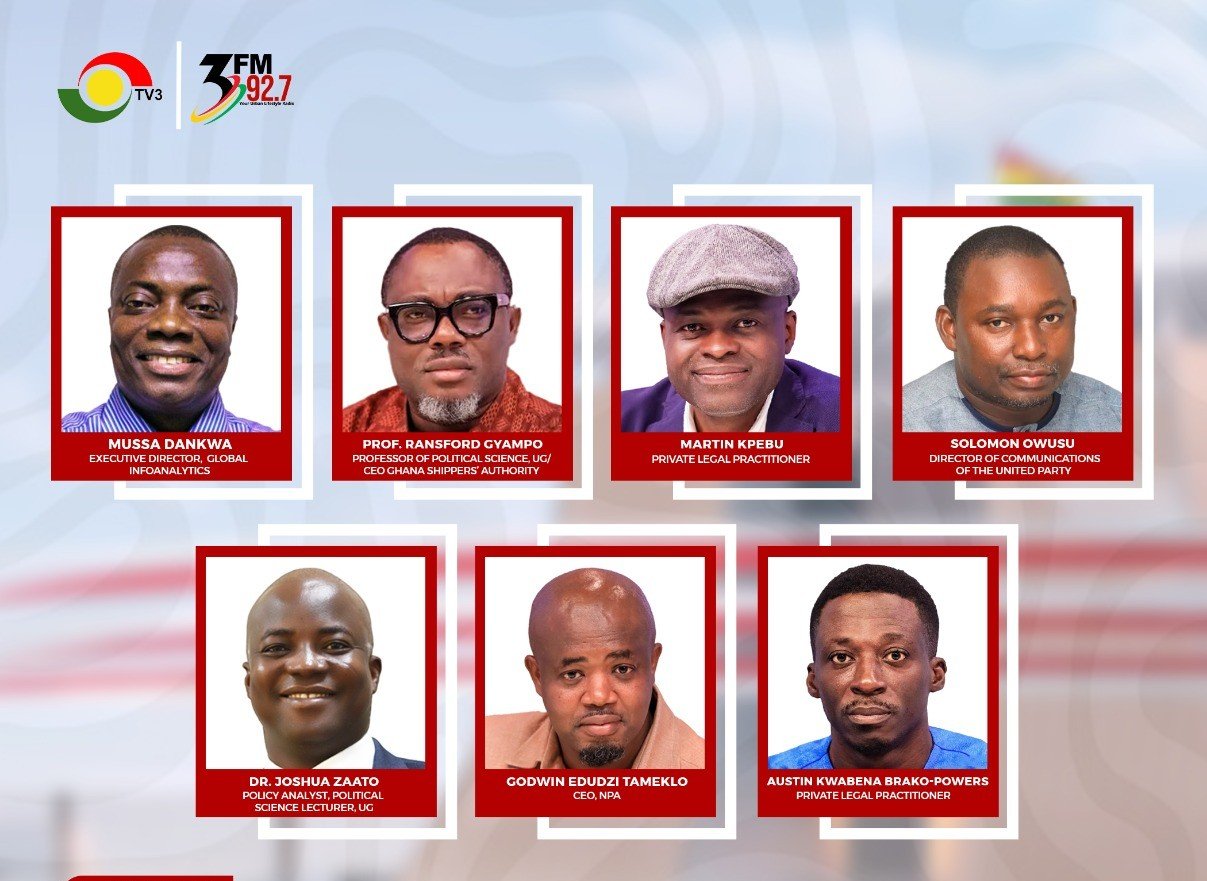



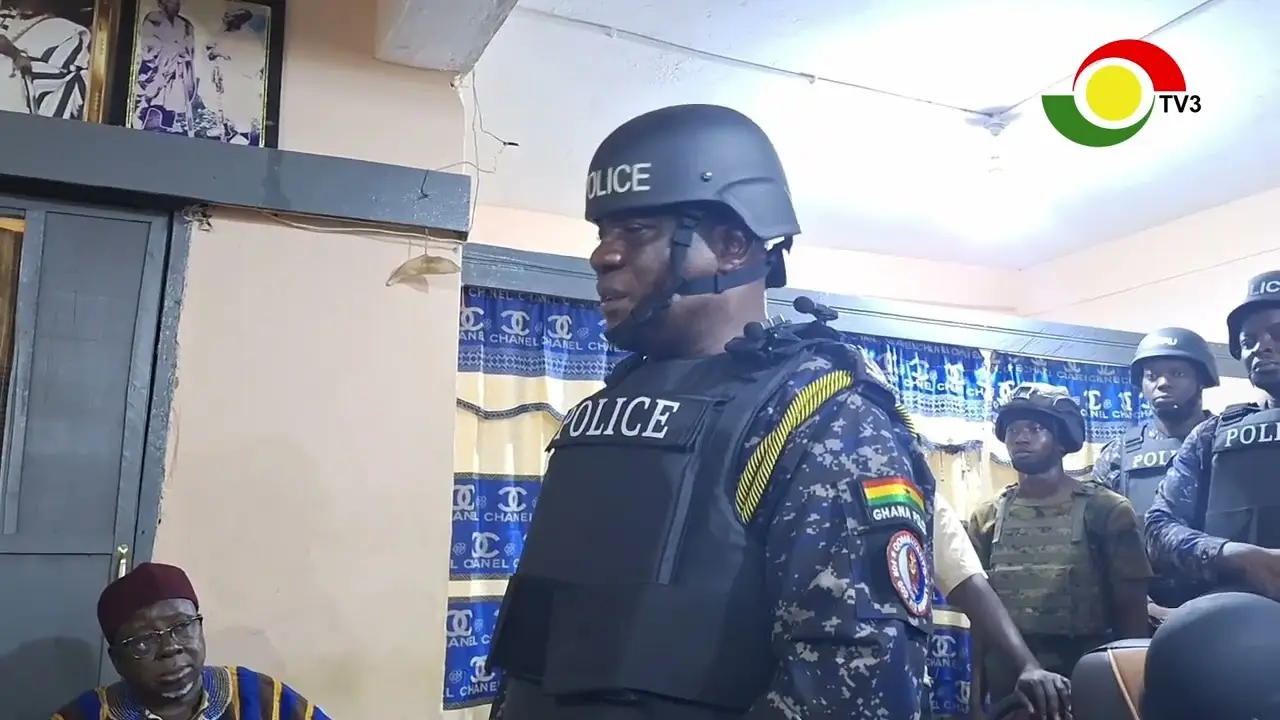

Facebook
Twitter
Pinterest
Instagram
Google+
YouTube
LinkedIn
RSS